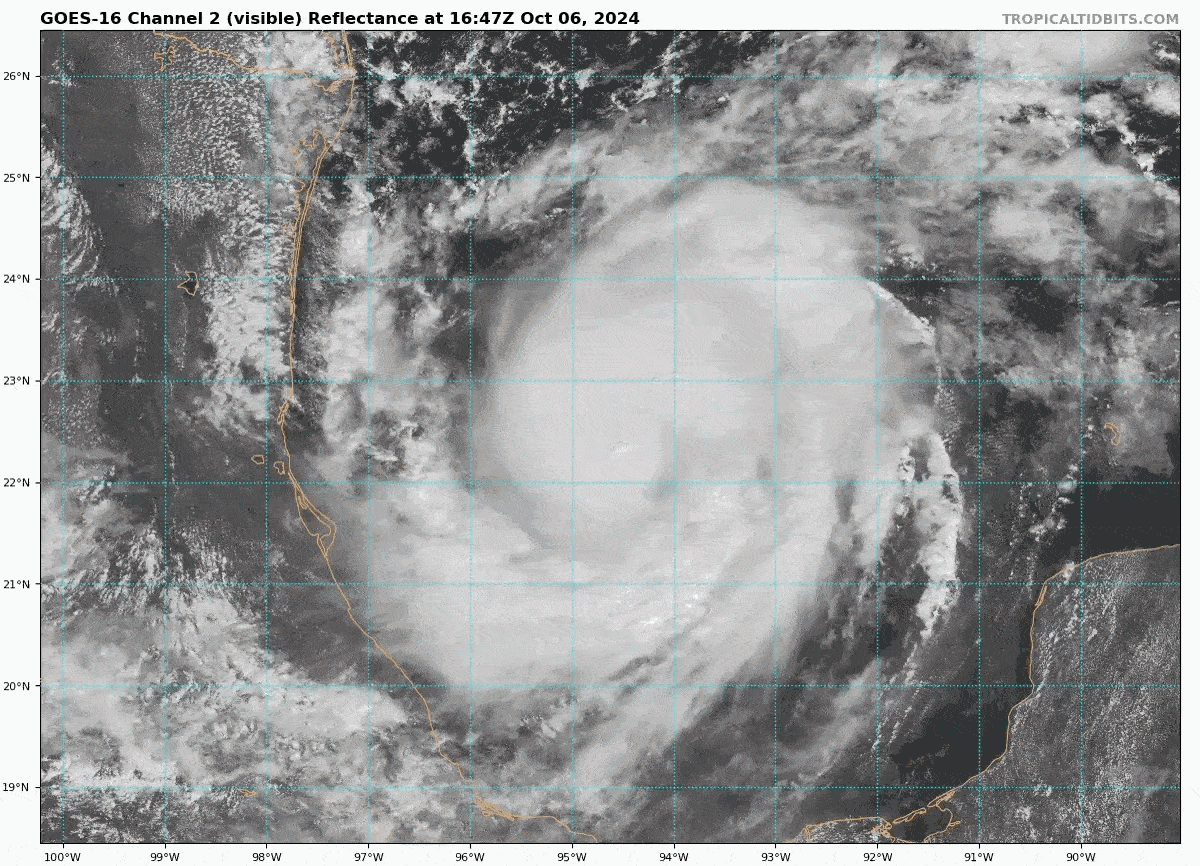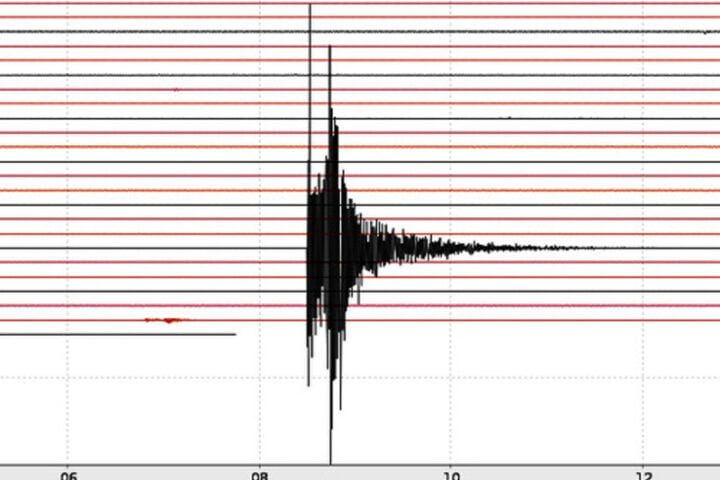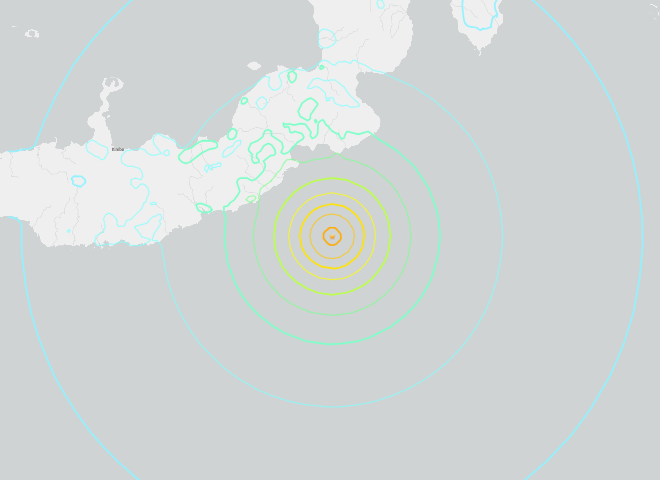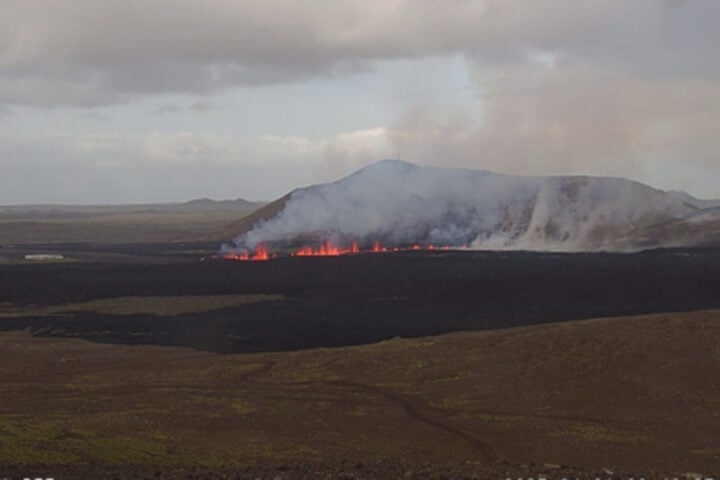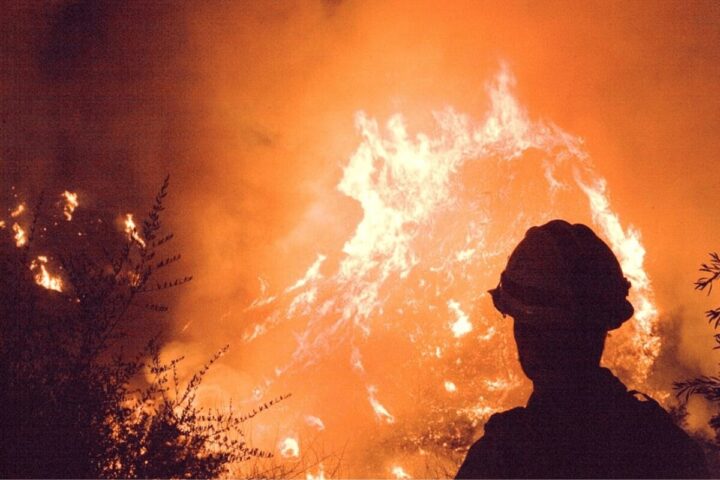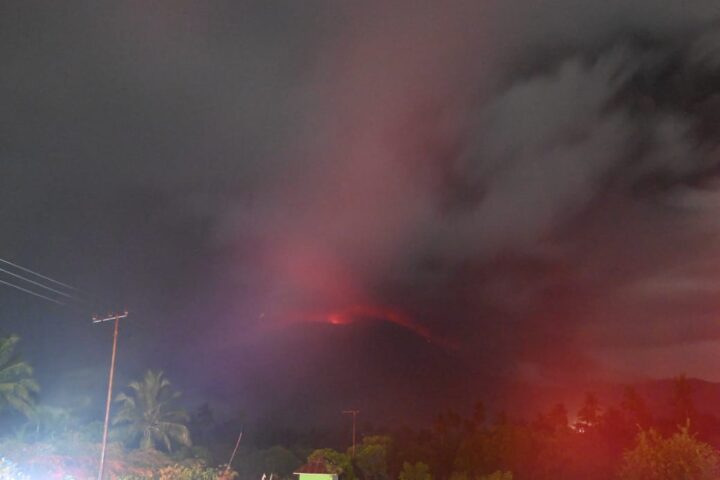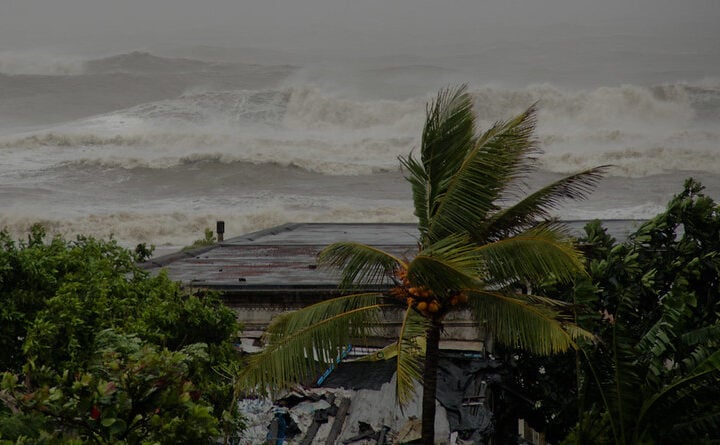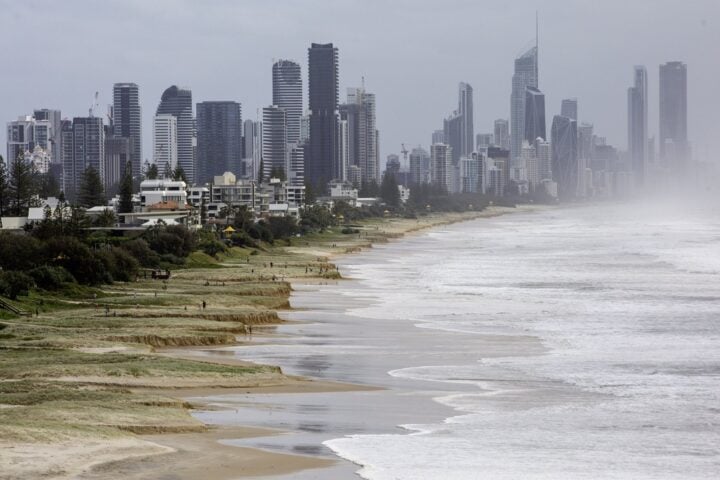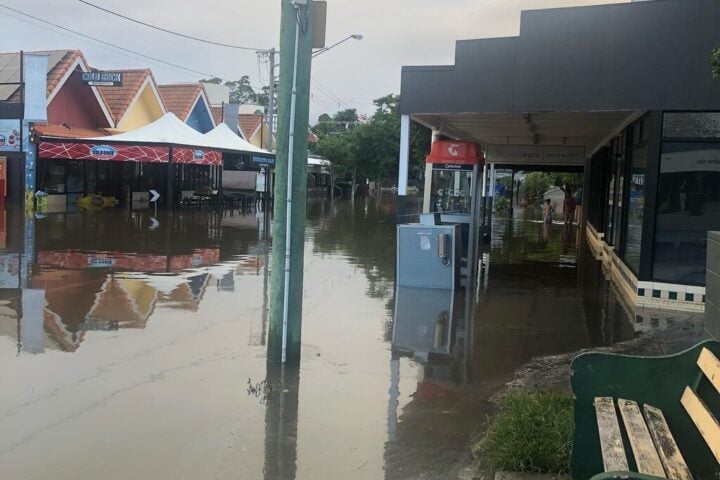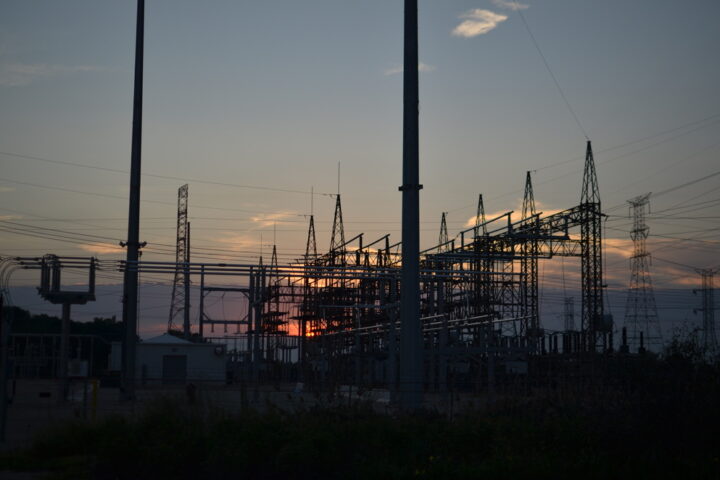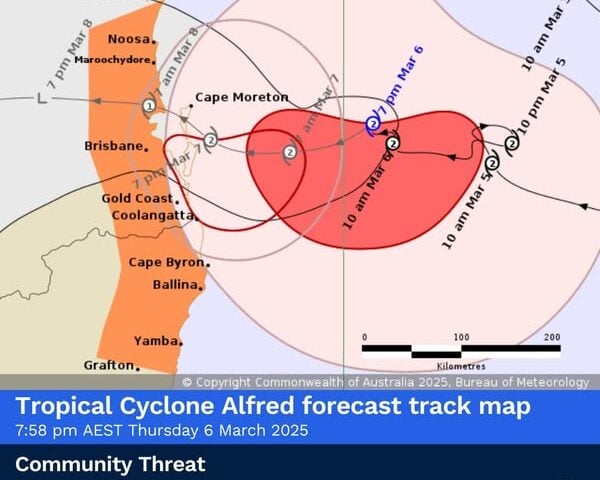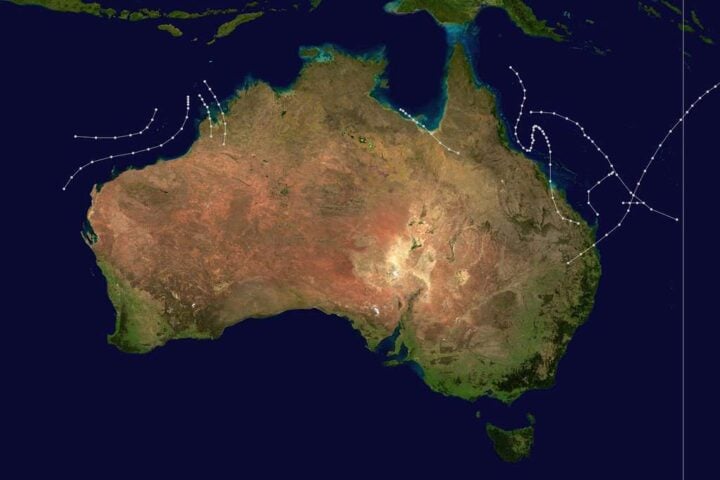Tropical Storm Milton, currently churning in the Gulf of Mexico, is poised to become a significant threat to Florida’s Gulf Coast. As of Sunday morning, October 6, 2024, the storm was located approximately 835 miles west-southwest of Tampa, with sustained winds of 65 mph. The National Hurricane Center (NHC) predicts that Milton will intensify rapidly, potentially becoming a major hurricane before making landfall along Florida’s west coast.
Storm Trajectory and Intensification
The NHC reports that Milton is moving east at a slow pace of 5 mph but is expected to gain speed and turn towards the east-northeast in the coming days. Forecasters anticipate that Milton could strengthen into a hurricane by Sunday night and may reach major hurricane status (Category 3 or higher) by Tuesday.
Governor Ron DeSantis, addressing the situation, stated, “A major hurricane, no matter what happens, is going to have impacts on the state of Florida.” The governor’s words underscore the seriousness of the situation and the need for immediate preparatory actions.
Similar Posts
Potential Impact and Rainfall Predictions
Milton is expected to bring substantial rainfall to the Florida Peninsula and the Keys. The NHC predicts 5 to 8 inches of rain, with localized totals potentially reaching up to 12 inches through Wednesday night. This heavy rainfall poses a significant risk of flash flooding, particularly in areas still saturated from recent weather events.
Miami, Orlando, and Tampa are each forecast to receive four to eight inches of rain through Thursday. To put this in perspective, this amount of rainfall is equivalent to an entire month’s worth of rain for Miami, two months’ for Orlando, and three months’ for Tampa.
State of Emergency and Preparedness Measures
Governor DeSantis has expanded the state of emergency to include 51 of Florida’s 67 counties. This declaration allows for the mobilization of resources and the implementation of emergency protocols. The governor emphasized the importance of continued debris cleanup from Hurricane Helene, warning that flying debris could exacerbate damage from Milton’s high winds.
Evacuation orders may be issued as early as Monday, particularly for coastal areas vulnerable to storm surge. DeSantis warned of a “really significant storm surge” that could have severe impacts, especially in the densely populated Tampa Bay area.
Historical Context and Storm Frequency
It’s worth noting that Milton is the 13th named storm of the 2024 Atlantic hurricane season, forming weeks ahead of the typical schedule. Historically, the 13th named storm doesn’t usually occur until October 25. This early formation raises questions about the increasing frequency and intensity of tropical systems in recent years.
Economic and Community Impact
While exact economic impact estimates are not yet available, the potential for widespread damage is significant. Communities along Florida’s Gulf Coast, many still recovering from Hurricane Helene, face the prospect of another round of devastation. The storm’s impact could extend far beyond the immediate coastal areas, affecting infrastructure, power grids, and daily life for millions of Floridians.
Environmental Concerns and Climate Considerations
The rapid intensification of Milton over the warm waters of the Gulf of Mexico highlights ongoing concerns about the role of climate change in tropical storm development. While it’s challenging to attribute any single storm to climate change, the trend of more frequent and intense hurricanes aligns with predictions made by climate scientists.
Philip Klotzbach, Meteorologist at CSU specializing in Atlantic basin seasonal hurricane forecasts, stated, “For the first time on record, the Atlantic has 3 #hurricanes simultaneously after September.”
Preparations and Public Response
As Milton approaches, residents across Florida are taking precautions. Stores report increased sales of essential supplies such as bottled water, non-perishable food, and batteries. Gas stations are experiencing long lines as people fuel up in preparation for potential evacuations or power outages.
Walt Disney World Resort, a major tourist attraction in Central Florida, remains open as of Sunday but is closely monitoring the situation. The resort has policies in place allowing guests to reschedule or cancel if a hurricane warning is issued for the Orlando area within seven days of their scheduled arrival.
Looking Ahead
As Tropical Storm Milton continues its approach toward Florida, residents and officials alike are bracing for potential impacts. The storm’s ultimate path and intensity remain uncertain, but the threat is being taken seriously across the state.
Governor DeSantis summed up the emotional toll of facing another major storm so soon after Hurricane Helene: “It’s not easy to go through this again. From an emotional perspective, it’s tough. People do get fatigued.”
In the coming days, all eyes will be on the Gulf of Mexico as Milton’s path becomes clearer. Residents are urged to stay informed, follow local guidance, and take necessary precautions to ensure their safety.
